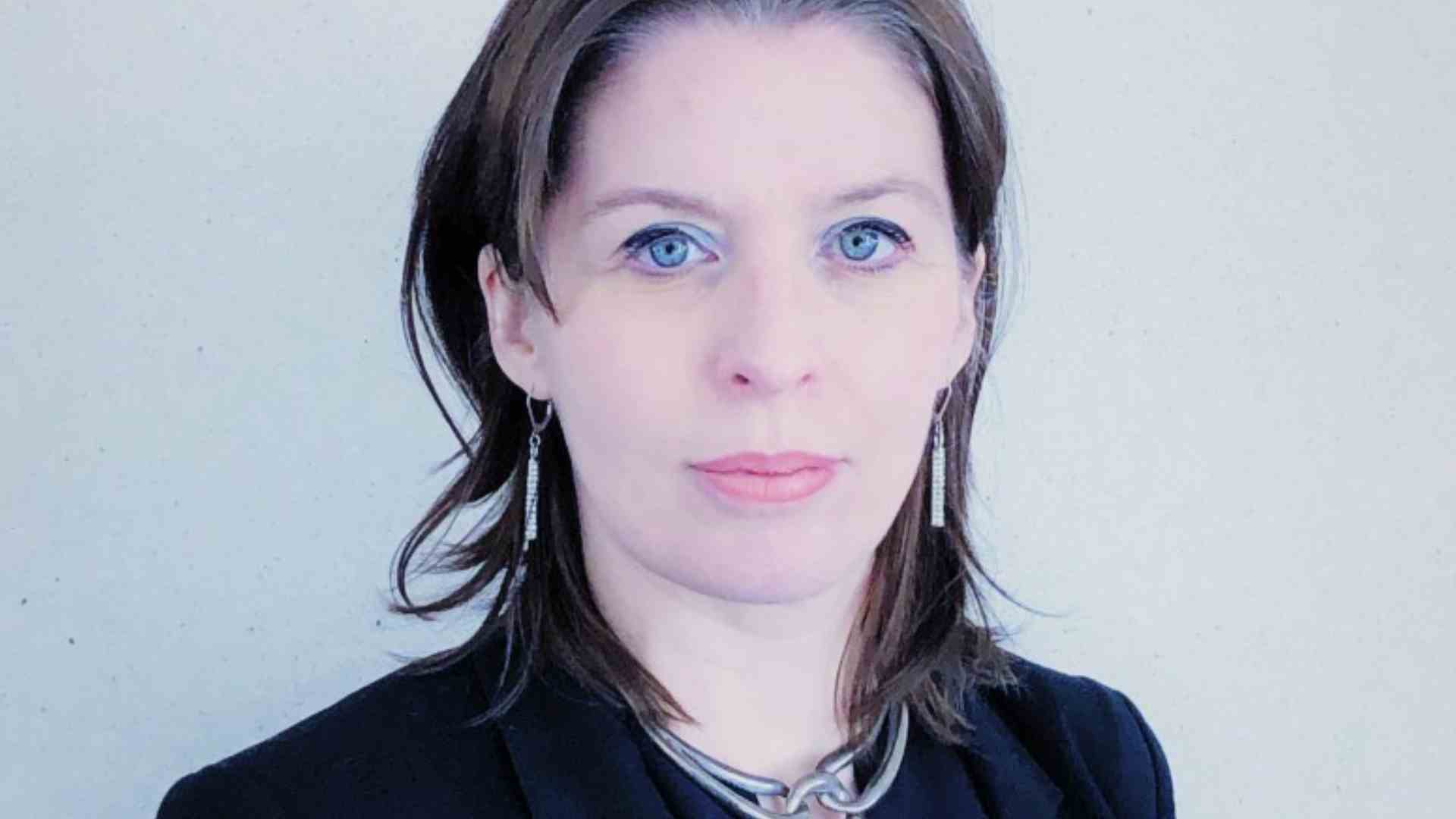You are viewing your 1 free article this month. Login to read more articles.
Basic Books scoops Elisabeth Braw's 'deep-dive' into the undersea geopolitical battle
Basic Books has scooped The Undersea War, Elisabeth Braw’s deep-dive into the geopolitical battle taking place undersea.
Publishing director Joe Zigmond acquired world all-language rights directly from the author. The book is set to be published in the UK in autumn 2026. Public Affairs will publish in tandem in the US.
The synopsis states: "There is an invisible war taking place over the oceans’ cables and piping. Like silicon chips, we think very little about these resources but depend upon them almost every single second. The fierce rivalries over this battleground will have a huge impact on global politics, energy, security, technology and commodities […] The Undersea War will tell the story of this spaghetti-bowl kingdom from its humble beginnings to the extraordinary growth of offshore pipelines, telecommunications cables and internet cables."
The synopsis continues: "Elisabeth Braw follows stories of Russian ‘ghost ships’ wreaking havoc; politicians, executives, military officials and ordinary citizens trying to protect the undersea infrastructure; crews on cable-repair ships painstakingly attending to damaged cables; Matsu Islanders and residents of the Norwegian Arctic archipelago of Svalbard as they’re disconnected from modern life; and Irish officials as they try to decide what to do about the mysterious Russian visitors. Filled with intrigue, rivalries and power games, this is the story of the invisible war taking place underwater."
Zigmond said: “Like space, the politics of the seabed are hotting up. The ocean floor is one of the world’s key circuit boards that, as nations behave less accountably, suddenly looks very vulnerable. Now is the moment to understand the undersea, and Elisabeth is the perfect guide to this hidden world of espionage, sabotage and conflict.”
Braw added: “Today wars come in many guises. The conflicts and tit-for-tat taking place on the seabed are accelerating, and the only reason most of us don’t obsess about them is that we don’t see them. But our daily lives depend on the very cables and pipelines that are now being harmed.”
















